Content from the Brookings Institution India Center is now archived. After seven years of an impactful partnership, as of September 11, 2020, Brookings India is now the Centre for Social and Economic Progress, an independent public policy institution based in India.
There are many other questions, but the larger point is that the time may have come for a broad-based introspective review.
Reams have been written on l’affaire Tata. I cannot add much more of substance. And I certainly do not wish to add grist to the mill of speculators. The reason I agreed to write this article was because I thought my personal experience might contain grains of relevance for those in Tatas working to staunch the damage to employee morale and reputation.
Some years back, I was alarmed to read in the papers that the Royal Dutch Shell Group had been accused by the US stock exchange of exaggerating its oil and gas reserves. My alarm later turned to dismay, and then anger, when I learnt that the then chairman and group managing director responsible for oil and gas exploration and production had indeed fudged the disclosures. Both men were sacked by the board, but the company was raked over the coals by its shareholders, and had its reputation besmirched by the press. Amongst the first decisions taken by the new chairman was to call a meeting of the top 50 executives in the company. He wanted to discuss the contents of his speech to the 100,000 employees across the world. I was at this meeting. Initially the discussion focused on what had happened, why it had happened and the legal and financial ramifications. But then it moved on to the substance of his forthcoming speech. I was of the view that the chairman should start by offering an unqualified apology to the employees. I said that whilst the proximate reason for the crisis was the actions of two individuals, the underlying reason was the failure of the top leadership to discharge their responsibility to safeguard the group’s fundamental principles. My larger point was that people joined Shell not simply for professional and monetary reasons but also because of compatibility between their personal ethics and those defining the company’s code of conduct. They trusted the leadership to nurture and protect these values. By allowing a situation to develop that called into question these values, the committee of managing directors had let the employees down, and it was therefore important that the new chairman offer a public mea culpa on behalf of the committee, and especially since he himself had been a long-time member of this committee. The suggestion was neither rejected out of hand, nor did I lose my job.
I am recollecting this case because whilst the two companies are very different, there is a commonality in their business principles. Neither company will support the proposition that there is a trade-off between profits and principles. Companies should make profits, for without it, they cannot afford principles, but those companies that do so by compromising principles do not deserve profits. I am also recollecting this case because as with Shell, Tata employees draw pride in the knowledge that their company is emblematic of good corporate governance. As such, just as I was dismayed and then angry at the shenanigans of Shell’s top leadership, I suspect there are many employees of Tatas who are upset at what they read last week.
I am not suggesting that members of the board of Tata Sons fall on their swords. But I am wondering about the fallout beyond the financial and operational issues. And I ask how best might the Tata leadership contain the damage. Might it now be timely to contemplate a root-and-branch review of the nature of the structure of the Tata conglomerate? As is now abundantly clear, this structure is uniquely complex and somewhat opaque. The operations are handled by the executives of various listed companies who report to their boards. The predominant shareholder of these companies is Tata Sons, which in turn is owned by the Tata Trusts. The chairman of Tata Sons is designated executive chairman and is also chairman of the major Tata companies. This structure raises several questions. What, for instance, is the executive role of Tata Sons? Are they accountable for the performance of a conglomerate that comprises a number of listed companies with significant minority shareholding? What are the metrics by which the executive chairman of Tata Sons is evaluated? And who is responsible for this evaluation? What are the mechanics by which differences between the chairman of Tata Trusts and the chairman of Tata Sons get resolved, assuming the two posts are held by two different people? There are many other questions, but the larger point is that the time may have come for a broad-based introspective review. For if nothing else, l’affaire Tata reminds one of the forewarning that “reputation comes on foot but leaves in a Ferrari”.
This article first appeared in India Today on November 2, 2016. Like other products of the Brookings Institution India Center, this article is intended to contribute to discussion and stimulate debate on important issues. The views are of the author(s). Brookings India does not have any institutional views.
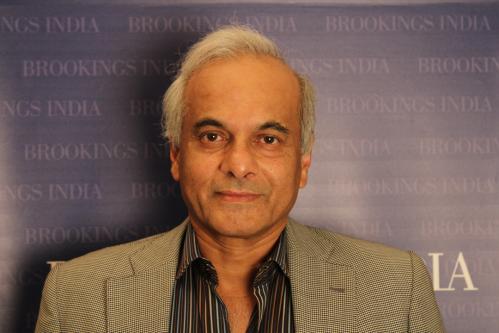
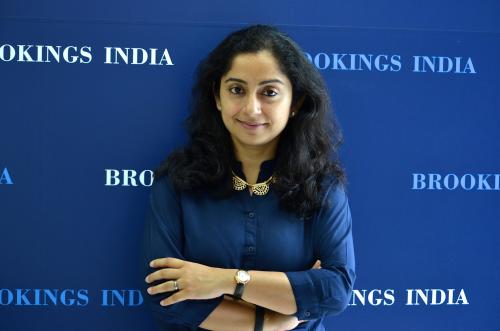
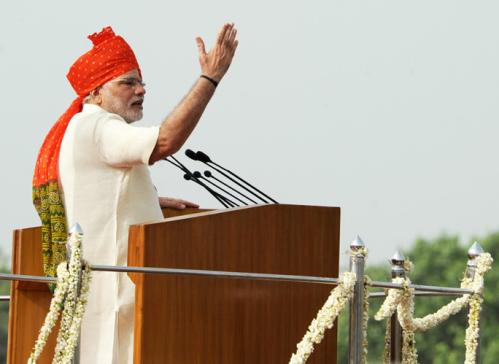
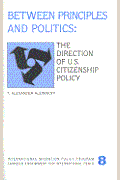
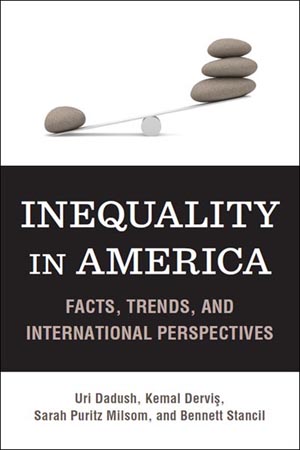




Commentary
Op-edTo keep good company
India Today
November 7, 2016